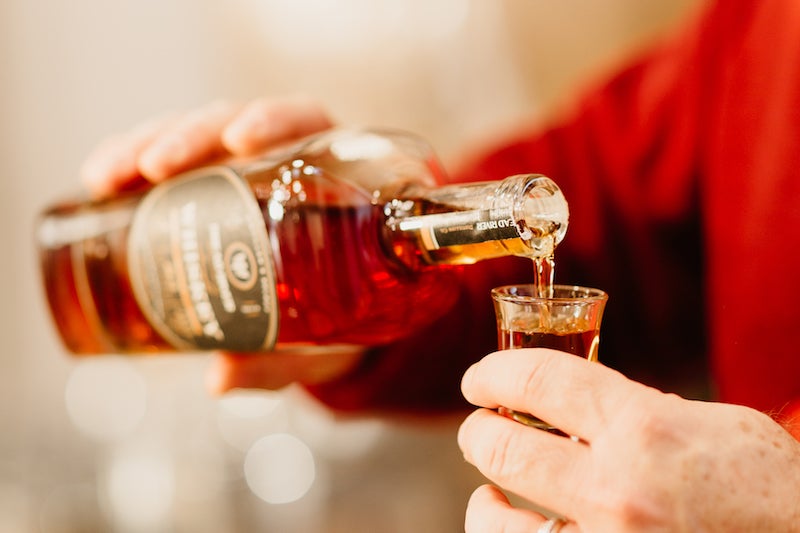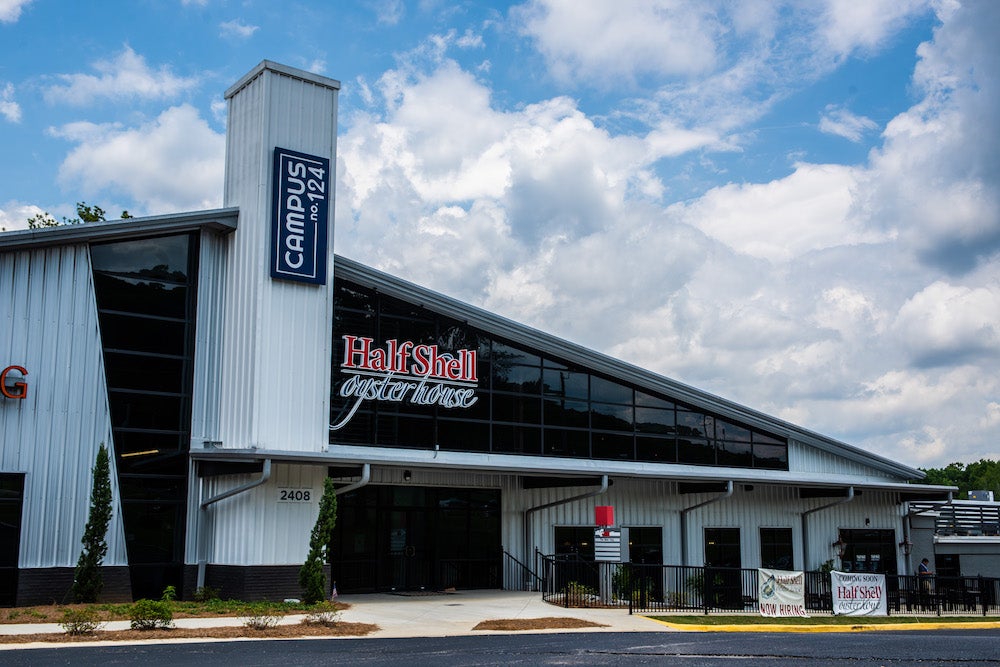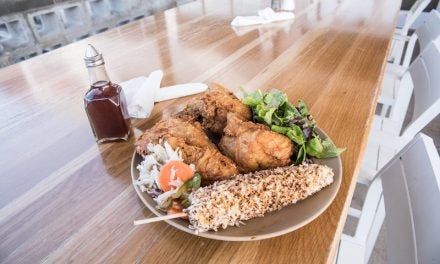John Cubelic pours his creative energy into making Dread River Distilling Co. a household name in the Magic City.
Entrepreneur. Designer. Event coordinator. Travel agent. Courier. Environmental risk manager. Metaphorical Guinea Pig. The hats worn by Dread River Distilling Company co-founder John Cubelic, an Oak Mountain native, are piling up. Always on the offense, the former Auburn Football wide receiver is masterfully running the Birmingham business’ game plan, according to Dread River co-founder and board chairman Jeff Dugas. A managing partner at the nationally renowned Andrews Sports Medicine & Orthopaedic Center, Dugas’ hands are full, so the brunt of the daily grind falls onto Cubelic’s shoulders—the right of which Dugas claims to have surgically repaired.
“Jeff swears that he operated on me. But I wouldn’t really know. That’s at least partially how we know each other. My brother (Cole Cubelic, now an ESPN and SEC college football analyst) was far more injury prone than I was, so he knew him more intimately…fortunately for me,” Cubelic jests.
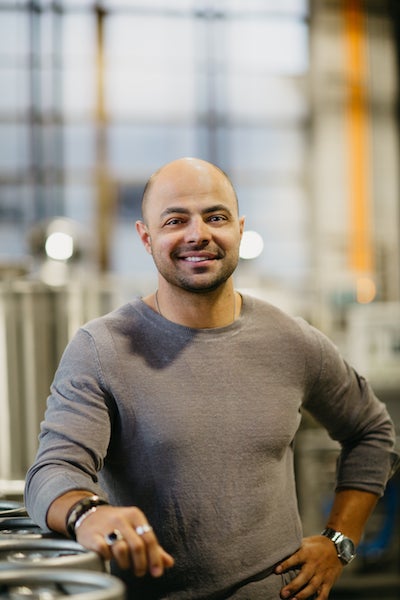
Fortunately for Dugas, the mass communication major stayed in touch during his stint in New York’s film industry. Eventually, Dugas lured him back home, to the real land of opportunity, to spearhead the Birmingham distillery’s creative vision and oversee everything he couldn’t. Dugas knew the jack-of-all-trades, who also boasts a background in experiential marketing and an upbringing in the wholesale alcohol industry, was perfect for the job. Having witnessed the proliferation of cool concepts in his hometown—cool in general, just not for Birmingham, he’ll clarify—Cubelic knew the time was ripe for bringing a distillery to the Magic City.
“It just felt like there was something very culturally important happening in Birmingham. And when this came up, it was an interesting opportunity to be part of something other than someone else’s vision,” Cubelic says, unregretfully.
The pair shared a vision, but it was Dugas’ chemical engineering background, knack for problem-solving, and vacation preferences that propelled them to the historic understanding of establishing Birmingham’s first—and the state’s largest—distillery.
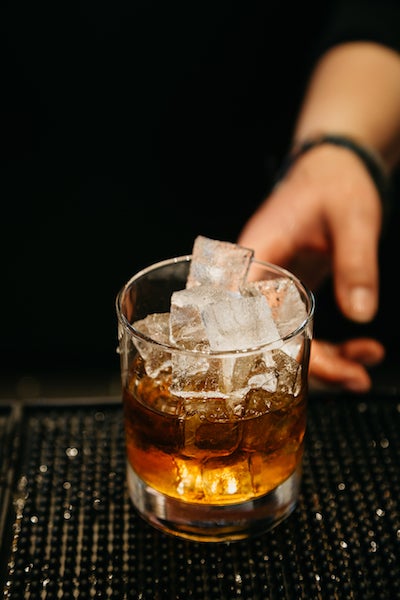
In the early 2000s, Dugas and his wife, Tracie, built a home on a secluded, 10-square mile barrier island in South Carolina called Daufuskie, a doable six-hour drive from Birmingham. To their surprise about five years ago, their new neighbor, a retired Kentuckyan with family ties to the bourbon industry, Tony Chase, opened a rum distillery on the island.
While sharing a drink of Daufuskie Island Rum with his curious neighbor one night, Chase mused, “You know, Birmingham is the biggest city in North America that doesn’t have a distillery.”
Inspired by this intoxicating conversation, Dugas picked up the phone the next day with full intent to fill that void. Soon thereafter, he met the acquaintance of Lisa Cooper, then-chief development officer for Birmingham Mayor William Bell’s administration. “If I have to give credit to anybody in the city of Birmingham for making this happen, it strongly goes to Lisa Cooper. She took the football and ran with it,” says Dugas, who unconsciously sprinkles his speech with copious sports metaphors. No harm, no foul.
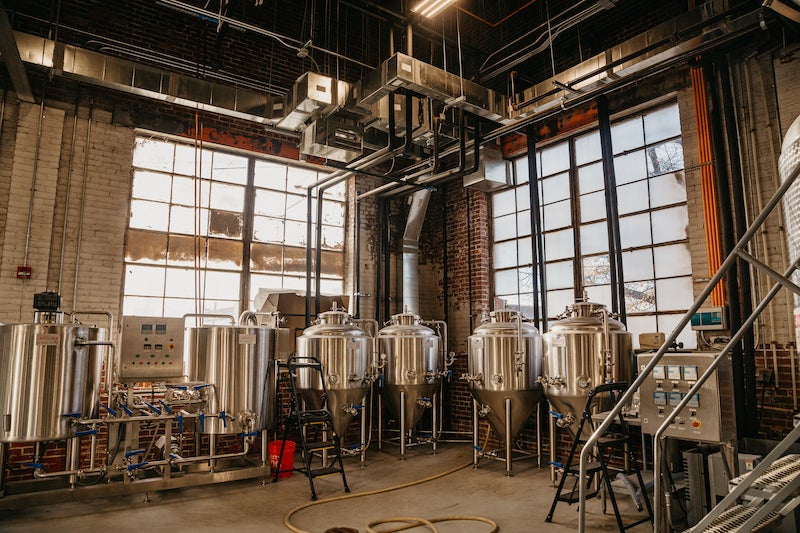
Cooper convinced the mayor and his entourage to join Dugas and Cubelic on a field trip to Nashville-area distilleries to see how it’s done. The trip culminated with Bell’s blessing, contingent on an event space as part of the grand business plan for Dread River, named after the mythical stream flowing underneath the city (a well-circulated tale concocted by a 19th century con artist).
Having gotten the greenlight, Dugas and Cubelic trotted across the country to pick the brains behind 50 different distilleries, in search of best—and worst—practices. Having traversed outside the geographical bounds of Southern hospitality, the business partners weren’t expecting the warmest of welcomes to their research study, an uncommon approach to starting a distillery. Fortunately, that wasn’t the case.
“The collegiality that was afforded to us by other distilleries is nothing short of phenomenal,” Dugas says, tipping his glass back to savor the last few drops of Dread River’s smooth-sipping vodka. “They rolled out the red carpet for us and opened their hearts, their minds and their histories. And they did it without any sense of holding back. I didn’t expect it.”
Through this vicarious learning experience, Cubelic and Dugas were able to avoid disasters like fire code violations and revenue-related predicaments. Early on, they developed a close relationship with the Birmingham Fire Department, who was “nothing shy of incredible,” in helping them out of a pickle or two with the regulatory “goalies.” And as it turned out, Bell was very right about needing an event space. Dread River would become the first distillery to apply for an event space license at the same time as their distilling license, eventually landing in the former Peck & Hills Antiques building on Seventh Avenue South in Southside.
“Everybody said, ‘It takes time to make brown spirits. And if you don’t have an outlet for revenue, there are only so many bumper stickers and T-shirts that are going to sell,’” Dugas recalls, grateful he heeded his peers’ warnings.
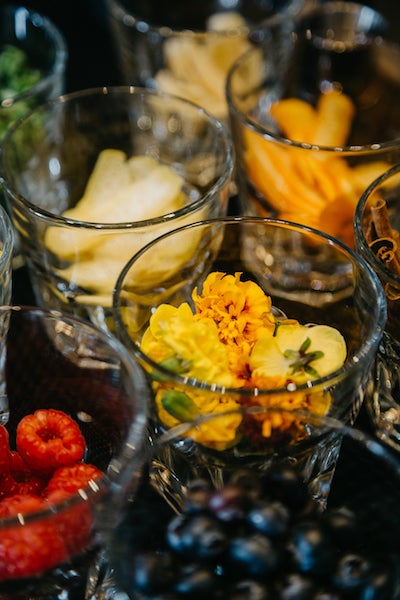
With the blueprint complete (thanks to Bill Segrest and Lauren Gwaltney of Williams Blackstock Architects), Dugas assembled quite the pack of power players—those he knew could move the project forward. He’ll take the credit only for recognizing and harnessing the talent of the all-star Dread River crew.
In his past life, Dread River CEO Brian Rodgers was a lawman-turned-chef whose selections graced the taste buds of wildlife enthusiasts at Five Star Preserve in Kellyton, Alabama. The sommelier’s buying power led to a cozy relationship and an eventual position with the ABC Board. Hailed as one of the foremost spirits experts in the Southeast, Rodgers has selected over 2,000 barrels, designed programs for national distilleries, and given thousands of seminars on the topic. And while a dozen distilleries have sought out his advice, he’d never considered joining forces with one, until he tried distiller Carl White’s spirits.
“Was it worth moving my family from Auburn up here to leave a secured, vested job with the state? Absolutely yes,” Rodgers says, adamantly.
Dread River’s distilling savant Carl White began his spirits journey less than a decade ago at Asheville Distilling Company (Troy & Sons), founded by Troy Ball, the first woman to open a commercial distillery in North America since Prohibition times. After a chance encounter with Ball, White found himself at the distillery during its infancy, working alongside the ex-master distiller of Maker’s Mark and the ex-master distiller of Woodford Reserve. Since then he’s helped design and launch three labels for Doc Porter’s Distillery in Charlotte, North Carolina. And now, Birmingham’s premier distillery is capitalizing on his talents.
White crafts each of his premium spirits on a hybrid, 5,000-liter German-made pot still, the largest in the U.S. at the time of its construction in 2012. According to Dugas, White has designed custom modifications to this “Ferrari of a still,” expanding the production capacity by more than 12 times since inheriting it from Asheville Brewing Company. Vodka, rum, gin, whiskey, agave spirits—you name it—they can, and will, do it.
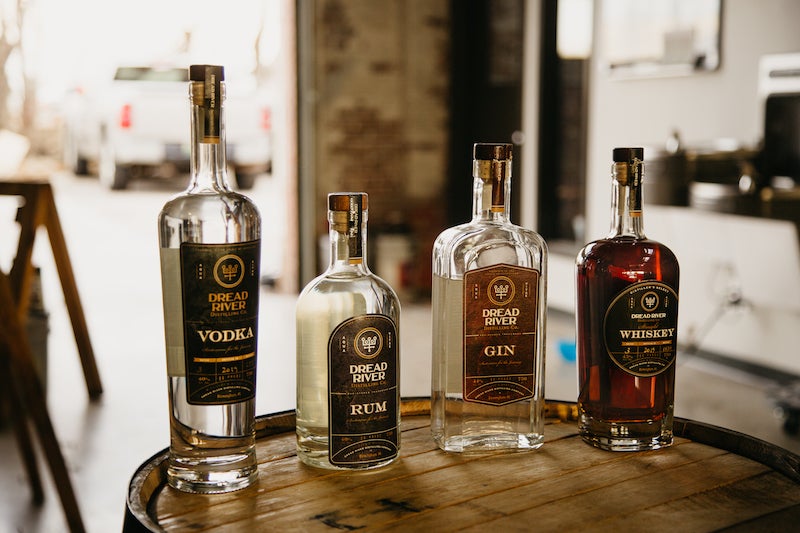
While the distillery’s spirits each have a distinctive personality, they inherited an admirable character trait from their maker: they don’t bite. “Everything we make is very smooth, a lot of vanilla, caramel notes,” Dugas boasts. “Carl is a scientist at the highest level of manipulating alcohol. We told him what we want, and he made it to T.”
White may be a relatively young distiller, but his spirits are bound to appeal to seasoned palates. The distillery’s flagship product, its whiskey, falls somewhere between a Weller and a Maker’s Mark, but it’s sweeter and smoother than both—per Dugas’ request.
Dread River takes pride in using only the “hearts” from the distillation process, meaning at least half of the alcohols produced, the “heads” (the dangerously alcoholic stuff of old Moonshiners) and the “tails” (the degenerative, dirty sock-smelling, hangover-inducing alcohols the big boys use) are trashed.
“We’re not doing this for the novelty of it,” explains Dugas. “We could have put up a distillery and spent a tenth of what we did, and some would have bought it. But I wouldn’t have tied my name and reputation to this if I thought we couldn’t be in a conversation with the best in the world.”
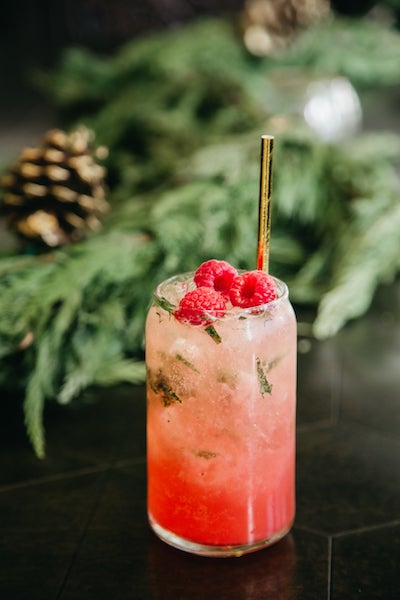
While Dugas will have you know that Dread River is a distillery first and foremost, its supporting arms could operate as successful standalone businesses—they’re that good. Events Director Cyd Quick has been curating unforgettable guest experiences since the 1990s, when she managed front-of-house for Frank Stitt restaurants. Master Brewer Michelle Piechowicz’s small-batch brews (which will remain an in-house production solely) are the stunning result of fresh and local ingredients. And Executive Chef Craig Olack, who worked with Chris Hastings for six years prior to his training at The Culinary Institute, makes a burger Dugas says he’ll stack up against anybody’s in town.
Unlike the 19th century charlatan behind their namesake, Dread River’s ambassadors are no snake oil salesmen. As Cubelic would say, this stuff isn’t just good for Birmingham. It’s real good.
Bourbon, rye whiskey, and agave spirits are coming soon to Dread River. Find their spirits at the distillery at 2400 7th Avenue South in Southside or at your local ABC Select Spirits store.

